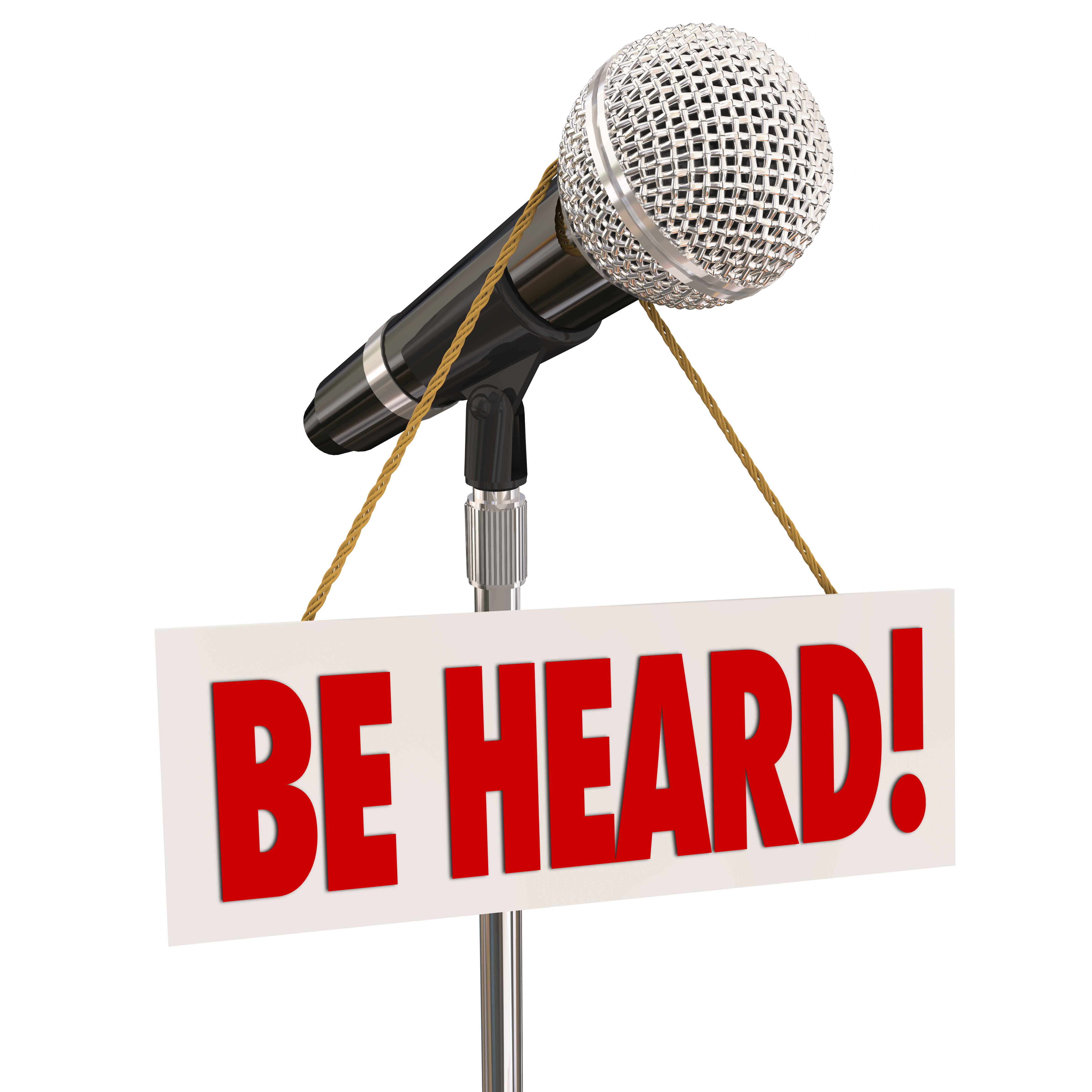“The listening session is meant ‘to obtain public input on areas for USPTO-FDA collaboration and engagement.’”
 The United States Patent and Trademark Office (USPTO) sent out a reminder today to those interested in speaking at an upcoming Public Listening Session on collaboration efforts between the USPTO and Food and Drug Administration (FDA) that they must sign up to participate by January 5, 2023.
The United States Patent and Trademark Office (USPTO) sent out a reminder today to those interested in speaking at an upcoming Public Listening Session on collaboration efforts between the USPTO and Food and Drug Administration (FDA) that they must sign up to participate by January 5, 2023.
The listening session will be held on January 19, 2023. Speakers must attend in person. Those who just wish to listen, virtually or in person, must register for the event by January 17, 2023.
The Federal Register Notice announcing the listening session and request for comments on the subject was published on November 7, 2022 and relates to a joint July 2022 announcement of the USPTO and FDA that the Office plans to execute a number of initiatives aimed at lowering drug prices, as directed in July 2021 by President Joe Biden’s “Executive Order on Promoting Competition in the American Economy.” The announcement came via a blog post jointly authored by USPTO Director Kathi Vidal and Food and Drug Administration (FDA) Commissioner Robert M. Califf.
The blog post explained that the agencies had “completed an exchange of letters outlining numerous initiatives to execute on the President’s agenda. These initiatives will strengthen our relationship and expand the resources available for assessing patentability and addressing instances of patents being used improperly to delay competition.”
The listening session is meant “to obtain public input on areas for USPTO-FDA collaboration and engagement.” The Office has asked speakers and commenters to focus on a specific set of questions about areas of overlap between the USPTO and FDA. Some of the representative questions are:
- What publicly available FDA resources should be included when training USPTO patent examiners on tools they can use to assess the patentability of claimed inventions?
- What mechanisms could assist patent examiners in determining whether patent applicants or patent owners have submitted inconsistent statements to the USPTO and the FDA? Please explain whether such mechanisms present confidentiality concerns and, if so, how those concerns could be addressed.
- What are the opportunities and challenges related to the use of AIA proceedings to address the patentability of claims in pharmaceutical and biotechnological patents, including with respect to how such proceedings may intersect with Hatch-Waxman paragraph IV disputes and the Biologics Price Competition and Innovation Act “patent dance” framework that biosimilar applicants and reference product sponsors use to address any patent infringement concerns?
In its September 2021 letter to the USPTO, the FDA said it was concerned about criticisms that “certain uses of the patent system” allow for delaying the introduction of generic and biosimilar drugs. Specifically, continuation patent practices, “which may allow the filer to obtain follow-on patents directed to inventions disclosed in earlier patents,” creating “patent thickets,” and the practice of “evergreening,” in which patents are obtained on “’post-approval’ or ‘secondary’ changes to previously approved drug products such as new formulations of the same drug, new delivery systems, or patents claiming various additional methods of use.” According to the FDA’s letter, one study found “that 78 percent of the drug products for which new patents were listed in the Orange Book from 2005-2015 were existing drug products, not new drugs entering the market.” The letter also expressed concern about the practice of “product-hopping.”
The letter also cited a report from the Congressional Research Service, “Drug Pricing and Pharmaceutical Patent Practices” (CRS Report No. R46221) (Feb. 11, 2020), which relies in part on data from I-MAK, an organization has been the subject of scrutiny in recent months for its refusal to disclose its underlying dataset relied upon for its various reports about the effects of pharmaceutical patents on drug pricing. I-MAK’s data has been widely cited by Congress in efforts to crack down on pharmaceutical companies’ patenting behavior as a means of lowering drug costs.
In its response letter, the USPTO announced five broad initiatives it is undertaking to help combat drug pricing.
Information on registration and submissions for the request for comments is available in the FRN.

![[IPWatchdog Logo]](https://ipwatchdog.com/wp-content/themes/IPWatchdog%20-%202023/assets/images/temp/logo-small@2x.png)

![[Advertisement]](https://ipwatchdog.com/wp-content/uploads/2024/03/IP-Copilot-Apr-16-2024-sidebar-700x500-scaled-1.jpeg)
![[Advertisement]](https://ipwatchdog.com/wp-content/uploads/2024/04/Patent-Litigation-Masters-2024-sidebar-early-bird-ends-Apr-21-last-chance-700x500-1.jpg)

![[Advertisement]](https://ipwatchdog.com/wp-content/uploads/2021/12/WEBINAR-336-x-280-px.png)
![[Advertisement]](https://ipwatchdog.com/wp-content/uploads/2021/12/2021-Patent-Practice-on-Demand-recorded-Feb-2021-336-x-280.jpg)
![[Advertisement]](https://ipwatchdog.com/wp-content/uploads/2021/12/Ad-4-The-Invent-Patent-System™.png)







Join the Discussion
No comments yet.